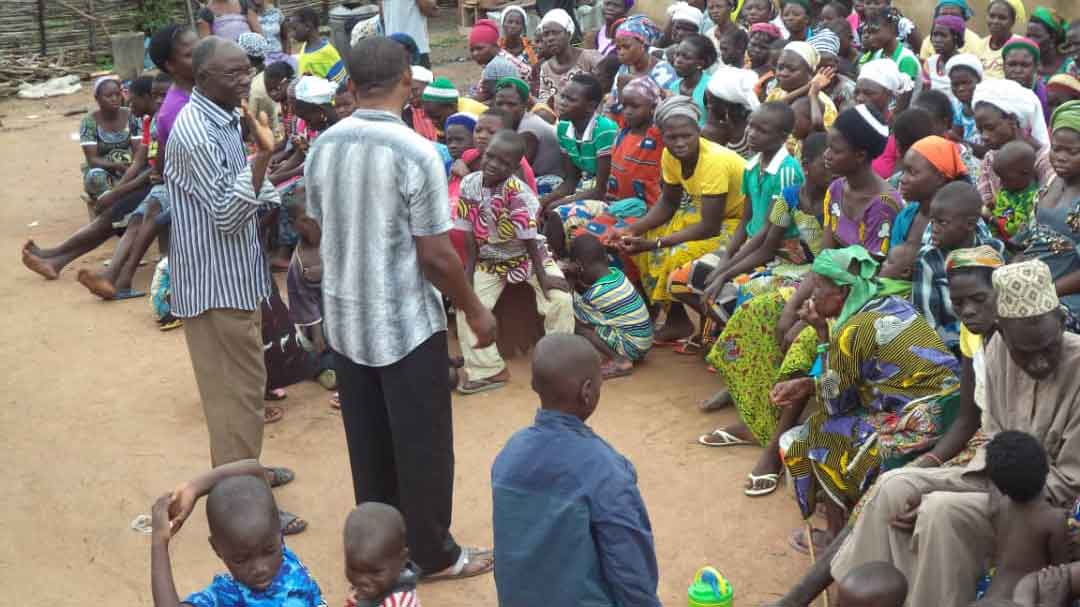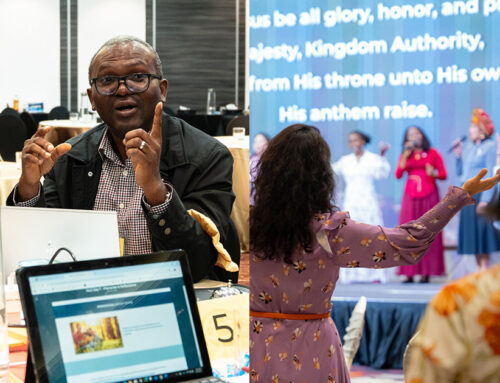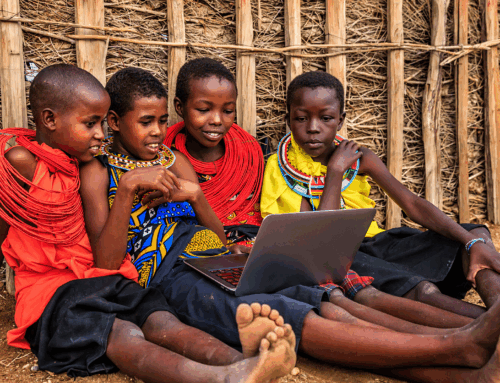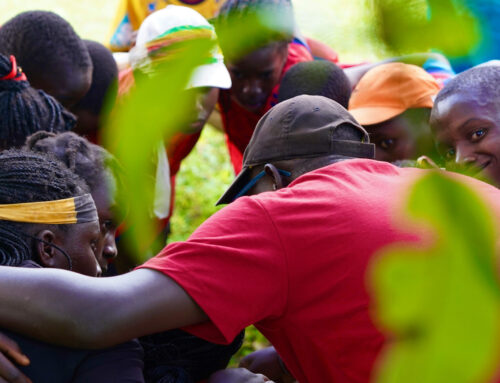Restoration in the Birthplace of Voodoo
“For who in the skies above can compare with the Lord? Who is like the Lord among the heavenly beings?” Psalm 89:6
Nestled between several larger West African countries lies the Republic of Benin. Formerly known as the Kingdom of Dahomey, this regional monarchy was ruled for two centuries by a series of kings, known as Ogisos, meaning ‘rulers of the sky’. Known for its all-female military unit, the Dahomey Amazons, it engaged in wars and raids against neighboring nations and sold captives into the Atlantic slave trade. The kingdom’s significance grew with its international trade and diplomatic relations, but finally fell to the French in 1872. After a century of colonization, it gained independence in 1960 when its name was changed to Benin.
The religious landscape of the country has changed, too. According to a census in 2020, 18% of Beninese still follow traditionalist beliefs which is in line with this area being known as the birthplace of Voodoo. Presently, Christianity and Islam represent 56% and 24% of the population respectively, but there are still pockets of people that have not been exposed to the Gospel.
Enter Raphael Momoh, a Nigerian missionary living in Benin, whose primary role is to take the Gospel to these unreached people groups. For the past decade, his church has been building relationships with the Fulani people who live in the forests. These rural cattle-rearers are Muslims, but have slowly come to know Jesus through the many ways Raphael and his team have served them.

He explains, “We mobilize clothing, medicine, and food for distribution to them. We established a school and sent a teacher to go and teach the children. As a result, the children that could only speak their local language can now speak and read in French. This made a great impact upon the people to understand the love of God for them.
“Many villagers have accepted Christ as their Lord and Savior so we established a church for them where we go weekly to teach them the Word of God. Even though there is a mosque for the villagers, they prefer coming to church. They have not only enjoyed the benefit of the salvation of souls, but spiritual cases that looked hopeless before we prayed for them, they now see results. This convinced them that the way of Christ is better.”
Your prayers and support help Haggai leaders like Raphael to share with the people of Benin that the ‘ruler of the skies’ is not to be found in their warrior past, but in the very real hope of Jesus.
Written by Carolyn Grant
Restoration in the Birthplace of Voodoo
“For who in the skies above can compare with the Lord? Who is like the Lord among the heavenly beings?” Psalm 89:6
Nestled between several larger West African countries lies the Republic of Benin. Formerly known as the Kingdom of Dahomey, this regional monarchy was ruled for two centuries by a series of kings, known as Ogisos, meaning ‘rulers of the sky’. Known for its all-female military unit, the Dahomey Amazons, it engaged in wars and raids against neighboring nations and sold captives into the Atlantic slave trade. The kingdom’s significance grew with its international trade and diplomatic relations, but finally fell to the French in 1872. After a century of colonization, it gained independence in 1960 when its name was changed to Benin.
The religious landscape of the country has changed, too. According to a census in 2020, 18% of Beninese still follow traditionalist beliefs which is in line with this area being known as the birthplace of Voodoo. Presently, Christianity and Islam represent 56% and 24% of the population respectively, but there are still pockets of people that have not been exposed to the Gospel.
Enter Raphael Momoh, a Nigerian missionary living in Benin, whose primary role is to take the Gospel to these unreached people groups. For the past decade, his church has been building relationships with the Fulani people who live in the forests. These rural cattle-rearers are Muslims, but have slowly come to know Jesus through the many ways Raphael and his team have served them.

He explains, “We mobilize clothing, medicine, and food for distribution to them. We established a school and sent a teacher to go and teach the children. As a result, the children that could only speak their local language can now speak and read in French. This made a great impact upon the people to understand the love of God for them.
“Many villagers have accepted Christ as their Lord and Savior so we established a church for them where we go weekly to teach them the Word of God. Even though there is a mosque for the villagers, they prefer coming to church. They have not only enjoyed the benefit of the salvation of souls, but spiritual cases that looked hopeless before we prayed for them, they now see results. This convinced them that the way of Christ is better.”
Your prayers and support help Haggai leaders like Raphael to share with the people of Benin that the ‘ruler of the skies’ is not to be found in their warrior past, but in the very real hope of Jesus.
Written by Carolyn Grant
Restoration in the Birthplace of Voodoo
“For who in the skies above can compare with the Lord? Who is like the Lord among the heavenly beings?” Psalm 89:6
Nestled between several larger West African countries lies the Republic of Benin. Formerly known as the Kingdom of Dahomey, this regional monarchy was ruled for two centuries by a series of kings, known as Ogisos, meaning ‘rulers of the sky’. Known for its all-female military unit, the Dahomey Amazons, it engaged in wars and raids against neighboring nations and sold captives into the Atlantic slave trade. The kingdom’s significance grew with its international trade and diplomatic relations, but finally fell to the French in 1872. After a century of colonization, it gained independence in 1960 when its name was changed to Benin.
The religious landscape of the country has changed, too. According to a census in 2020, 18% of Beninese still follow traditionalist beliefs which is in line with this area being known as the birthplace of Voodoo. Presently, Christianity and Islam represent 56% and 24% of the population respectively, but there are still pockets of people that have not been exposed to the Gospel.
Enter Raphael Momoh, a Nigerian missionary living in Benin, whose primary role is to take the Gospel to these unreached people groups. For the past decade, his church has been building relationships with the Fulani people who live in the forests. These rural cattle-rearers are Muslims, but have slowly come to know Jesus through the many ways Raphael and his team have served them.

He explains, “We mobilize clothing, medicine, and food for distribution to them. We established a school and sent a teacher to go and teach the children. As a result, the children that could only speak their local language can now speak and read in French. This made a great impact upon the people to understand the love of God for them.
“Many villagers have accepted Christ as their Lord and Savior so we established a church for them where we go weekly to teach them the Word of God. Even though there is a mosque for the villagers, they prefer coming to church. They have not only enjoyed the benefit of the salvation of souls, but spiritual cases that looked hopeless before we prayed for them, they now see results. This convinced them that the way of Christ is better.”
Your prayers and support help Haggai leaders like Raphael to share with the people of Benin that the ‘ruler of the skies’ is not to be found in their warrior past, but in the very real hope of Jesus.
Written by Carolyn Grant















